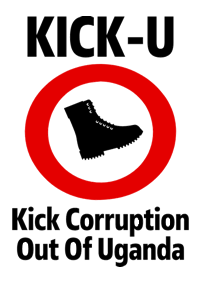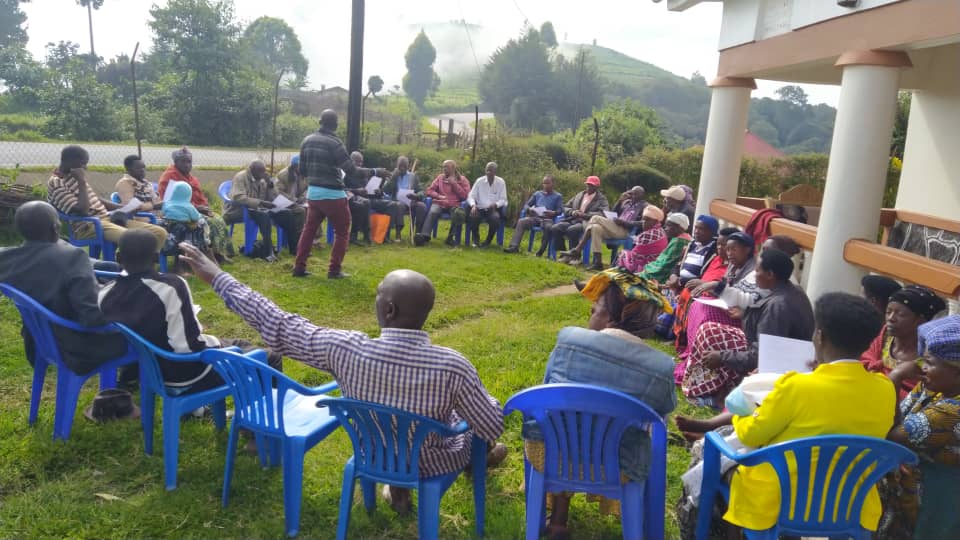
In February 2024, Kick Corruption out of Uganda (KICK-U) in partnership with the Uganda National NGO Forum (UNNGOF) and with support from USAID continued its impactful work under the Strengthening Citizens Engagement in Elections (SCENE) project. This project's main goal is to foster a proactive and engaged citizenry, empowering them to actively influence electoral and political processes in Uganda while holding governance institutions accountable.
Kick Corruption out of Uganda (KICK-U) conducted a series of community meetings throughout the month, addressing critical challenges and recommendations from participants. The meetings, including Topowa Forums and Fireplace Conversations, served as platforms for citizens to voice their concerns and propose solutions to improve the electoral system.
Mr. Barnabas Nabaasa, the SCENE Project's Focal Person, spearheaded these engagements, ensuring that citizen voices were heard and documented. Participants across various communities shared their experiences and insights, highlighting key issues affecting the electoral process in Uganda.
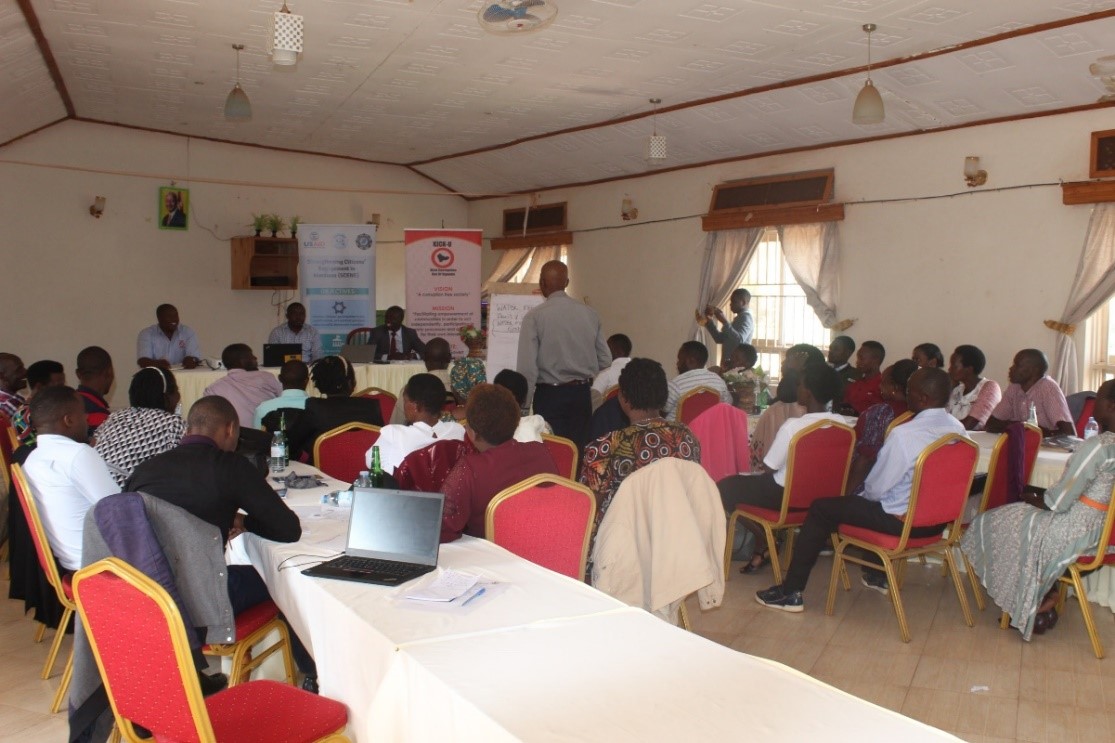
One of the key achievements during the month was the successful training of civic mentors and Topowa forum conveners, including those from newly identified villages in the districts of Kabale, Rukiga, and Rubanda in the Kigezi Region. The training, conducted on 7th February 2024, equipped these community leaders with the necessary knowledge and skills to facilitate Topowa Forum and Ekyoto (Fireplace) meetings. These forums are instrumental in mobilizing citizens to engage in political conversations and demand accountability from their leaders.
The training was comprehensive, covering topics such as the essence of democracy, local government structures, civic and voter education, and the overview of the SCENE project and its activities. Participants also received training on data management, activity report writing, and financial management to enhance their effectiveness in steering community meetings.
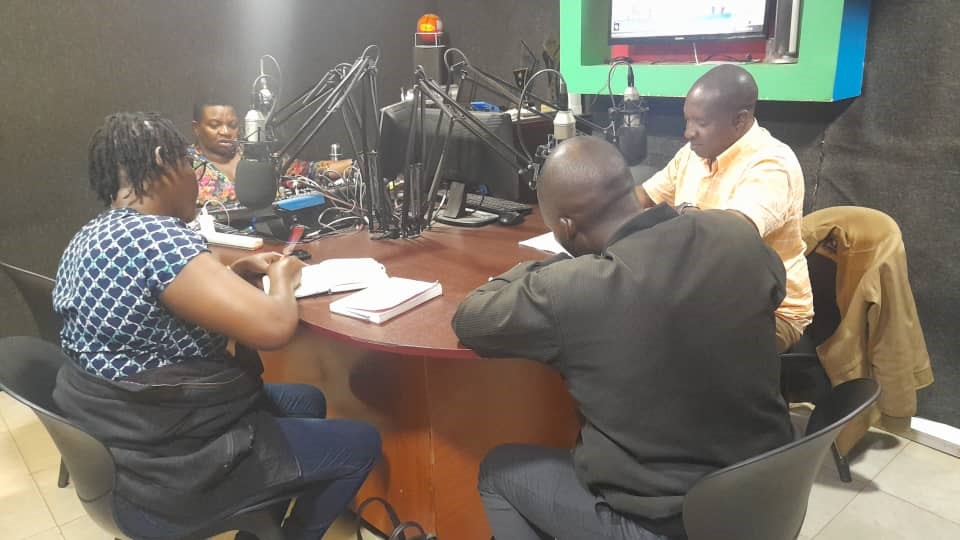
In addition to the training, KICK-U organized a radio talk show on Voice of Kigezi (V.O.K) on 8th February 2024. The talk show, which targeted listeners in the Kigezi Region, focused on the recently released electoral roadmap, democratic processes, and human rights, particularly voters' rights during electoral processes. The engagement with listeners was vibrant, with participants raising various concerns and proposals for electoral reforms.
Furthermore, KICK-U held its quarterly board meeting on 15th February 2024, where key decisions were made to strengthen the organization's internal structures and legitimacy. The meeting, attended by seven out of the nine board members, deliberated on issues such as staff contracts renewal and the review and approval of new policies.
Another significant achievement was the successful implementation of 33 out of 36 planned community meetings (Topowa forums and Fireplace conversations) in the Kigezi Region. These meetings, convened by civic mentors and Topowa forum conveners, engaged citizens in discussions about the electoral roadmap and gathered their views and concerns about electoral processes. The feedback from participants highlighted several challenges, including irregularities in voter registration, voter bribery, and the lack of trust in the electoral process.
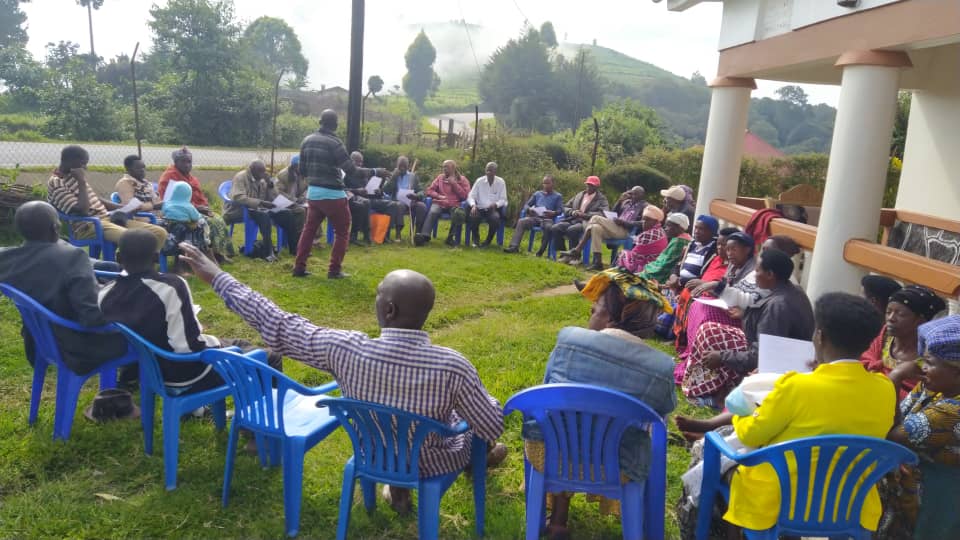
Participants in the community meetings expressed various concerns regarding the electoral process in Uganda, highlighting several challenges and making recommendations for improvement. One major concern raised was the issue of lining up during voting, which was said to create hatred among voters and lead to denial of services by local leaders, especially village chairpersons. Participants also questioned why some people are missing from the voter register despite participating in the voter registration update. They suggested that voters should be allocated to nearby and preferred polling stations to ensure ease of access.
Additionally, participants mentioned challenges with the security forces being partisan, including threats by security personnel during elections. They also noted unfairness in the electoral process for persons with disabilities (PWDs) and the lack of transparency in the nomination procedures for some Special Interest Groups (SIGs).
Participants further raised concerns about the monetization of politics, where candidates use money to influence voters, and the use of government resources by incumbent candidates during campaigns. They also expressed dissatisfaction with the independence of the Electoral Commission, suggesting that it should be appointed by an independent committee rather than the president.
Other issues highlighted include poor time management during elections, heavy deployment of security personnel, lack of civic education programs, high rates of corruption, and the issue of double voting. Participants recommended various measures to address these challenges, including massive civic education, collaboration between government institutions, and banning money from politics.
In conclusion, KICK-U's SCENE project continues to make meaningful strides in empowering communities to actively participate in governance processes. By providing civic education, facilitating community dialogues, and advocating for electoral reforms, KICK-U is contributing to the creation of a more inclusive and accountable electoral system in Uganda. Mr. Barnabas commended the participants for their active engagement and pledged to advocate for their concerns to be addressed at higher levels.
